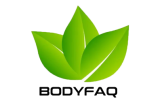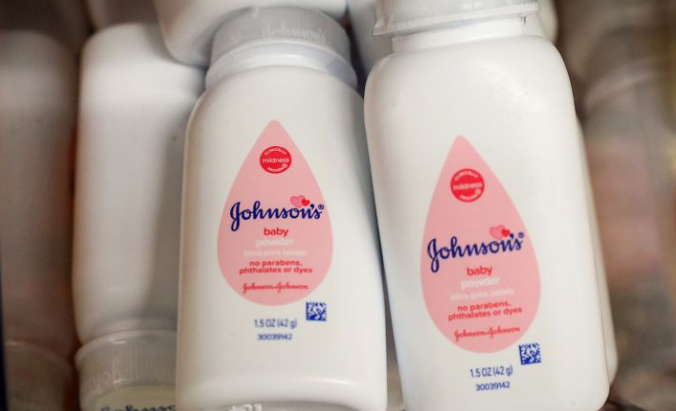Johnson Baby Soap and the Cancer Debate: What You Need to Know
In recent years, the safety of personal care products has come under scrutiny, leading many to question whether beloved items like Johnson Baby Soap could pose health risks. This topic is particularly relevant for parents and caregivers who prioritize the well-being of their little ones. This blog post will explore the ongoing conversation surrounding Johnson Baby Soap and its alleged links to cancer, aiming to clarify facts and misconceptions.
Understanding the Concerns
Several concerns about Johnson Baby Soap emerged after reports indicated the potential presence of harmful substances. Some of these substances, like sulfates and parabens, are often scrutinized for their possible long-term health impacts. Critics argue that the continuous use of these ingredients could contribute to adverse health effects, including cancer. The debate largely stems from the need for transparency in personal care products, prompting consumers to demand more clarity about what they apply to their children’s skin.
Regulatory Oversight and Safety Assessments
The good news for parents is that products like Johnson Baby Soap are regulated by government agencies, such as the U.S. Food and Drug Administration (FDA). These organizations review safety studies and ensure that personal care products on the market are safe for use. Johnson & Johnson, the company behind Johnson Baby Soap, has publicly stated its commitment to safety and continuous reformulation of its products in response to consumer feedback and scientific advancements. While concerns remain, the rigorous oversight aims to protect users from harmful ingredients.
Choosing Safe Products for Your Child
Navigating the world of personal care products can be overwhelming, especially with conflicting information available. To ensure you’re making informed choices for your baby, consider opting for products that are free from sulfates, parabens, and other chemicals that are often flagged as potential risks. Look for brands that prioritize transparency on their ingredient lists, and don’t hesitate to research or consult with healthcare professionals regarding the best options for your child. Ultimately, an educated choice will help you feel more confident in caring for your little one’s skin.
In conclusion, while concerns about Johnson Baby Soap and its ingredients have sparked significant debate, it’s essential to rely on credible information and regulatory guidelines. Keeping your child safe is a priority, so stay informed about the products you use. If you have further questions or concerns, consider researching reputable sources or consulting with healthcare professionals to help you navigate these crucial choices for your family.

